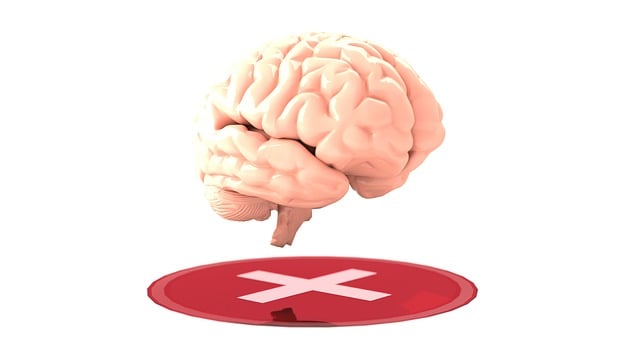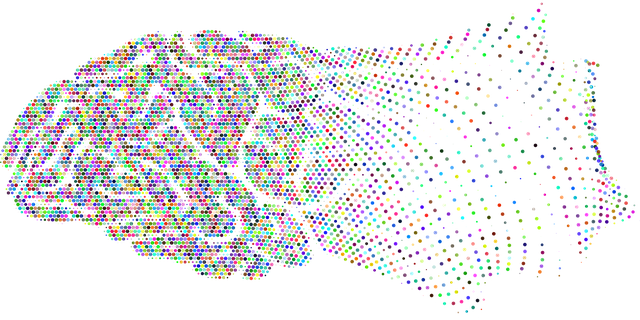Designing effective public awareness campaigns for adolescent teens (13-19) requires understanding their unique needs, including rapid cognitive development, increased independence, and emerging mental health challenges. Incorporating psychological testing and targeted programs like Social Skills Training and Mental Wellness Coaching is vital. Messaging should address fears, emphasize benefits, use keywords like burnout prevention and mind over matter, and promote empathy to reduce stigma. Campaigns focusing on Depression Prevention and Mind Over Matter Principles through therapeutic tools must be evaluated based on KPIs like awareness, engagement, and behavioral changes to ensure success and inform future initiatives.
Public awareness campaigns play a pivotal role in shaping societal attitudes, especially regarding mental health. This article delves into the development of such initiatives targeted at adolescent teens, a demographic demanding increased access to psychological testing and therapy. We explore strategies for understanding this audience’s unique needs and crafting compelling messages that encourage them to seek help. By examining successful campaign implementation and evaluation, we offer insights into improving mental health support for teens.
- Understanding the Target Audience: Adolescent Teens
- Crafting Effective Messaging for Psychological Testing
- Implementing and Evaluating Success of Campaigns
Understanding the Target Audience: Adolescent Teens

Understanding the unique needs of adolescent teens is a pivotal step in designing effective public awareness campaigns. This age group, typically defined as individuals between 13 and 19 years old, is characterized by rapid cognitive development, increased independence, and evolving social dynamics. Their experiences are shaped by peer influence, academic pressures, and often, emerging mental health challenges.
Psychological testing and therapy for adolescent teens can provide valuable insights into their emotional well-being. By employing techniques such as Social Skills Training and Mental Wellness Coaching Programs Development, campaigns can tailor their messages to address specific issues like anxiety, depression, or social isolation. Incorporating these strategies alongside advocacy for improved mental health policy analysis is essential to fostering a supportive environment that promotes the mental wellness of this vulnerable demographic.
Crafting Effective Messaging for Psychological Testing

Crafting compelling messages for psychological testing is an art that goes beyond simply explaining procedures. When targeting adolescents and teens, it’s crucial to tailor communication to their developmental stage, ensuring clarity and relevance. Effective messaging should address potential fears or misconceptions about therapy while highlighting its benefits. For instance, emphasizing the role of therapy in promoting resilience and fostering healthy coping mechanisms can be powerful.
Integrating keywords like burnout prevention and mind over matter principles can help align testing with contemporary mental health discussions. Furthermore, incorporating empathy building strategies within the messaging can create a supportive environment, encouraging teens to view psychological testing as a tool for self-discovery and growth rather than a source of stigma or confusion.
Implementing and Evaluating Success of Campaigns

Implementing public awareness campaigns requires a strategic approach to ensure their effectiveness and success in reaching and impacting target audiences. One key aspect is designing campaigns that address specific issues relevant to the community, such as mental health problems among adolescent teens. Incorporating therapeutic elements like psychological testing can be powerful tools for campaign developers. By offering resources and knowledge about Depression Prevention and promoting Mind Over Matter Principles, these campaigns aim to boost confidence and provide valuable tools for emotional well-being.
Evaluating campaign success is crucial for measuring impact and identifying areas for improvement. This involves tracking key performance indicators (KPIs) such as increased awareness, engagement rates, and changes in behavior or attitudes towards the targeted issue. For instance, campaigns focused on adolescent teens’ mental health may measure the number of teens seeking therapy or participating in confidence-boosting workshops as a result of the campaign. Such evaluations provide valuable insights into the campaign’s effectiveness and contribute to refining strategies for future initiatives.
Public awareness campaigns play a pivotal role in promoting mental health among adolescent teens, offering crucial guidance and access to essential services like therapy for teen psychological testing. By understanding their target audience, crafting compelling messages, and rigorously evaluating campaign success, we can create effective strategies that foster open conversations about mental well-being. These efforts ultimately contribute to a healthier, more supportive environment for young people navigating their emotional journeys.













